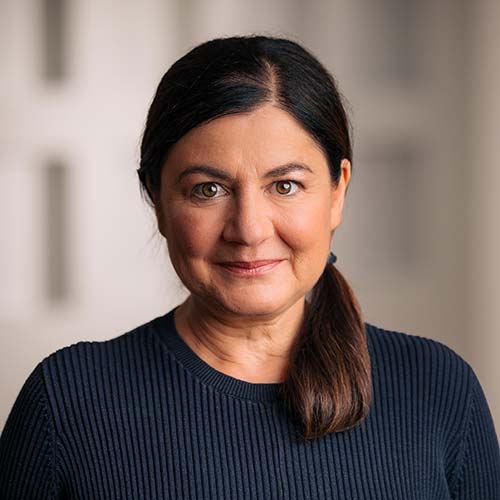The fifth edition of the study series "How we really live" 2024 has now been published on behalf of Philip Morris Germany. This year's representative study by the rheingold Institute examines the influence of economic factors on political attitudes and voting decisions. The results show that individual fear of social decline in particular plays a central role in the emergence of populist attitudes.
Real hardship not the decisive factor
Contrary to widespread opinion, according to the results of the study, real economic hardship is not the decisive factor for voting for parties such as the Alternative for Germany (AfD) and the Sahra Wagenknecht Alliance (BSW). The series of studies on the current reality of life in Germany shows that it is not only people from lower social classes who are receptive to the offers of right-wing populist parties. On the contrary: their electorate is made up of all sections of the population - from workers to academics.
Economic concerns are projected onto the issue of migration
It is striking that individual economic concerns are disproportionately often projected onto the topic of "migration". As a result, migrants are perceived by many people as competition for supposedly scarce resources such as jobs, housing and social benefits.
The results of the study series "We really live" reveal further influencing factors that contribute significantly to right-wing attitudes:
- Feeling of being controlled by others and attributing personal and economic insecurities to the state. Many respondents believe that they cannot actively shape their lives according to their own ideas and change grievances.
- Entitlement to support and prosperity. Respondents with more right-wing attitudes are more likely than average to claim economic prosperity, for example in the form of a home or state benefits. At the same time, they feel that they do not benefit enough from these services.
Meeting the people appropriately
"Every year, our study series aims to examine different phenomena that are challenging and topical from a democratic perspective, such as the results of the state elections in Saxony and Thuringia. Anyone who wants to seriously counter the electoral successes of the AfD and BSW there must understand what moves people. This requires a differentiated and nuanced view of the causes," emphasizes Torsten Albig, Managing Director External Affairs at Philip Morris GmbH, and adds: "With our "How we really live" study, we as a company would like to contribute to a differentiated examination of these developments in the population in order to be able to counter them appropriately."
The "How we really live" study and its methodology
The representative study "How we really live" conducted by the rheingold Institute on behalf of Philip Morris GmbH examines factors influencing and perspectives on political representation. For the fifth time in a row, the attitudes of 4,000 eligible voters in Germany towards politics and society were surveyed online on a representative basis.
In order to test the influence of economic factors on political attitudes, a mixed-method design was used again this year. Initially, 36 in-depth interviews were conducted in May in order to record possible, more emotionally based components of income levels for the quantitative survey. The participants were as heterogeneous as possible in terms of socio-demographic variables and party preference.
The qualitative phase was followed by the quantitative questionnaire. Economic factors were to be recorded here in as differentiated a manner as possible. Therefore, in addition to income, wealth, disposable income and personal assessments of the fairness of income, the development of one's own purchasing power and prospects for one's own economic future were also surveyed. Furthermore, details of the employment relationship were collected in order to be able to include factors such as dismissal or occupational fields threatened by modernization processes.
The quantitative field phase was carried out from July to August 2024. In order to enable representative statements at state level, a sample of n = 3,000 was used nationwide. In addition, a boost was used in Saxony, Thuringia and Brandenburg in order to be able to make representative statements for these states in view of the upcoming state elections. This resulted in a total adjusted sample of n = 4,162 respondents. The results were checked again in a final qualitative phase after the state elections in Thuringia and Saxony.
More information on the study: www.wiewirwirklichleben.de





